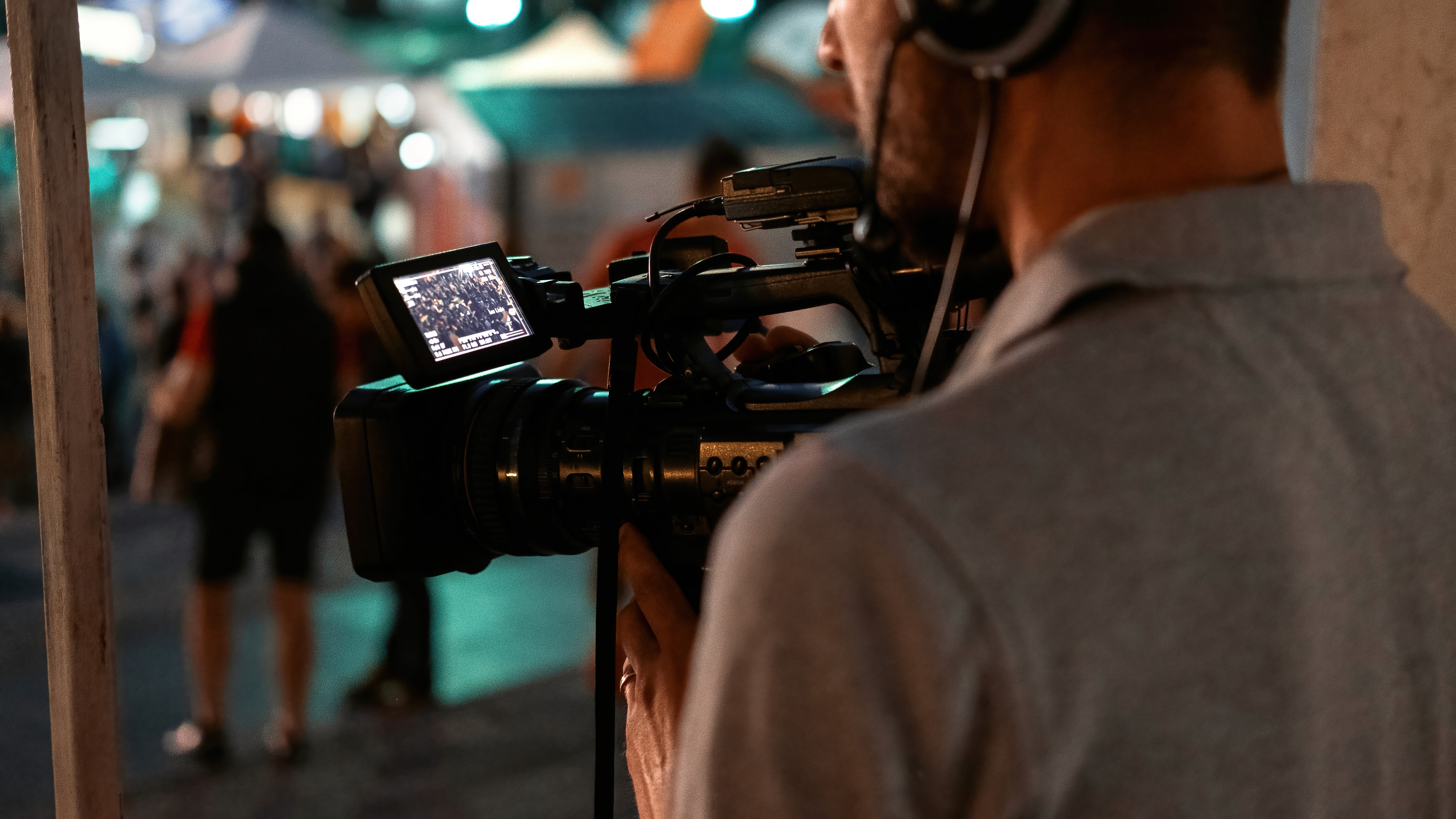Blog
Cellular bonding is revolutionizing live streaming by ensuring uninterrupted connectivity, a critical factor for broadcasters, event organizers, and content creators. By combining multiple cellular signals, this technology provides a stable and robust internet connection, making it an ideal solution for successful live broadcasts in the fast-paced world of digital media.
What is Cellular Bonding?
Cellular bonding is a technology that merges multiple internet channels from different cellular networks into a single, stable bandwidth. This amalgamation not only enhances the connectivity reliability but also boosts the internet speed, making it perfect for high-quality live streaming without the fear of unexpected dropouts.
Factors to Consider When Choosing a Cellular Bonding Device
When in the market for a cellular bonding device, several critical factors must be assessed to ensure you select the most suitable option for your live streaming needs:
Network Compatibility: Check whether the device supports various cellular networks, including 4G LTE and upcoming 5G networks. Compatibility with multiple carriers ensures flexibility across different geographic locations.
Connection Capacity: Evaluate the maximum number of cellular connections the device can manage simultaneously. A higher capacity can significantly improve the reliability and quality of your stream, especially in areas with weak signal strength.
Battery Life: For mobile and outdoor live streaming, the battery longevity of your device is crucial. Opt for devices that can offer extended operational times without needing a recharge, ideally running for the entire duration of your event.
User Interface: The ease of setup and use is vital, especially if you're operating the device under the pressure of a live event. Devices with straightforward interfaces and quick configuration options will save you time and stress.
Cost Effectiveness: Finally, consider the price in relation to the features offered. While more expensive units might offer advanced functionalities, determine if these features justify the additional cost based on your specific streaming requirements.
Top Cellular Bonding Devices for Live Streaming
Peplink MAX HD2
Source: www.onboardwireless.com
Network Compatibility: Compatible with global cellular networks.
Battery Life: Offers up to 8 hours of continuous use.
Features: Dual cellular modems for increased connection reliability, built-in GPS tracking, and full antenna set for optimal signal reception.
LiveU Solo
Source: www.liveutv.net
Cost-Effective: Provides a balance between cost and performance, making it ideal for individual broadcasters and small production teams.
User-Friendly: Features one-touch streaming to multiple online platforms, with a simple setup process and intuitive user interface.
Teradek Bond 759
Source: www.teradek.com
High Performance: Supports up to six simultaneous cellular connections.
Advanced Features: Offers cloud-based management, real-time analytics, and adaptive bitrate streaming, alongside AES-256 encryption for secure transmissions.
How to Set Up Your Cellular Bonding Device
Setting up a cellular bonding device typically involves several key steps:
SIM Installation: Insert SIM cards from one or multiple carriers into the device.
Connectivity Configuration: Power up the device and connect it to your video source and streaming platform using the management app or web interface.
Network Testing: Before going live, conduct tests in various scenarios to ensure the device maintains a stable connection.
Stream Configuration: Set your desired video quality and bitrate according to your streaming platform’s requirements and your audience's needs.
Final Check: Always perform a final check to confirm all settings are correct and the system is running smoothly.
Case Study: Streaming a High-Profile Corporate Event from a Remote Location
Context: A Fortune 500 company planned a significant corporate retreat in a remote part of Northern Europe, intending to stream the event to their global offices. The location, while scenic, posed significant challenges for connectivity, which was vital for the live streaming of keynote speeches and presentations.
Solution: The Teradek Bond 759 was selected for its capability to manage up to six simultaneous cellular connections, ensuring robust and redundant internet access. The device’s cloud-based management and real-time analytics allowed the technical team to monitor and adjust the stream’s quality and connectivity dynamically.
Outcome: The event was streamed successfully with excellent video and audio quality, reaching thousands of employees worldwide. The Teradek Bond 759’s advanced features, including adaptive bitrate streaming and AES-256 encryption, provided a secure and adaptive streaming experience, highlighting the device’s effectiveness in remote and challenging environments.
Advanced Features of Cellular Bonding Devices
Modern cellular bonding devices come equipped with:
End-to-End Encryption: Ensuring that all transmitted data remains secure from unauthorized access.
Cloud Integration: Allowing remote management and advanced configuration through cloud platforms.
Real-Time Analytics: Providing insights into stream health and connectivity status, which helps in making on-the-fly adjustments to improve performance.
Maintenance and Troubleshooting

To maintain the efficiency of your cellular bonding device:
Regular Updates: Keep the device’s firmware up-to-date to enhance its functionality and security.
Proper Handling: Store and transport your device in conditions that avoid extreme temperatures and physical damage.
Quick Troubleshooting: Familiarize yourself with the device’s troubleshooting procedures to quickly resolve any issues during live operations.
Future of Live Streaming and Cellular Bonding
The future of live streaming technology is promising, with advancements like 5G and AI-enhanced encoding expected to further enhance the capabilities of cellular bonding devices. These innovations will provide faster speeds, lower latencies, and more reliable connections, ensuring that live streaming continues to grow in quality and accessibility.
Conclusion
Cellular bonding devices are indispensable tools for high-quality live streaming. Choosing the right device depends on specific needs and scenarios, ensuring your live content is delivered smoothly to your audience.
Ready to Elevate Your Live Streaming?
Ready to take your live streaming to the next level? Contact Stream Works today to find out how we can help you set up the perfect streaming solution tailored to your needs. Let’s create unforgettable live experiences together! Reach out to us now.






